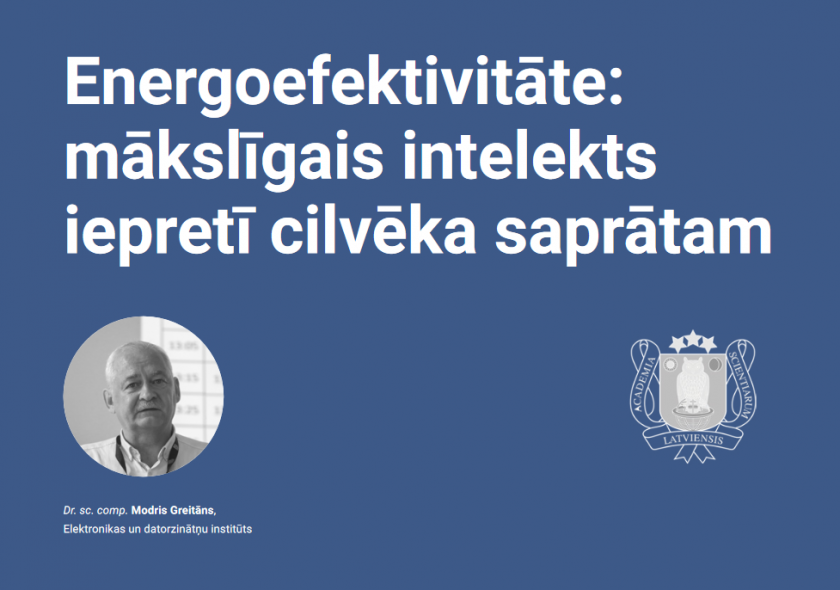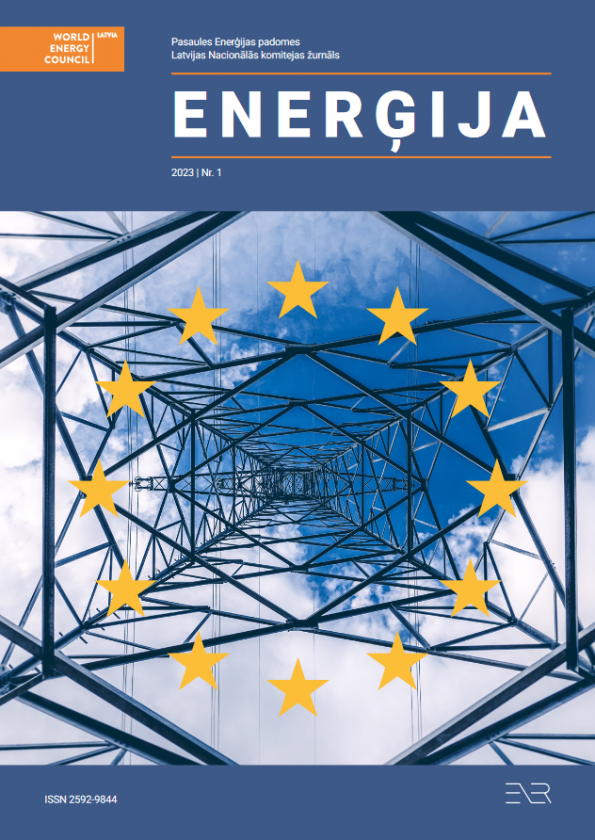
Almost a hundred years ago, in the summer of 1924, the first global meeting of energy scientists – the World Power Conference – gathered in London to discuss ways to identify, inventory and ration the planet’s energy resources and to agree on energy cooperation between regions and countries. This remarkable event, among the delegates of which was also a representative of our country, resonated in Latvia in such a way that already at the end of the same year the Cabinet of Ministers adopted a decision to establish the National Committee on Power – the predecessor of today’s Latvian National Committee of the World Energy Council (PEP LNK). The activities of the Committee contributed significantly to both the electrification of Latvia and the development of the national energy system as a whole. Today, the PEP LNK continues the traditions established by its predecessors and, in addition to fulfilling its current tasks, strives to develop a strategic long-term view of energy sector policy in Latvia.
In anticipation of the centenary celebrations, PEP LNK is also launching a new publication – the magazine “Enerģija” (“Energy”), the first issue of which is now making its way to the reader. Secure access to electricity and heat is a basic human need, so it is very important that people are informed about energy issues. The new magazine will aim to provide the general public with the latest news in the sector – both technological innovations and scientific breakthroughs that will significantly change the landscape of resource consumption in the near future, and the views of industry experts on current issues and prospects for the development of the energy system.
The first issue of “Energy” magazine features an article by Modris Greitāns, Director and Senior Researcher at EDI, entitled “Energy efficiency: Artificial vs Human Intelligence”.
Today’s artificial intelligence is not magic. It is high-level mathematics that can help machines perform well-defined intellectual tasks, outperforming humans,
says Dr. sc. comp. Modris Greitāns.
Read the “Energy” magazine and M. Greitāns’ article (page 68) here>>> (in Latvian only).
